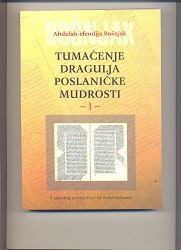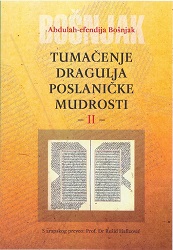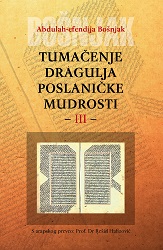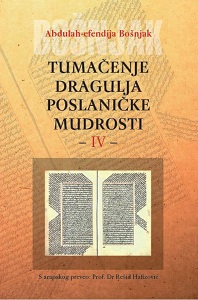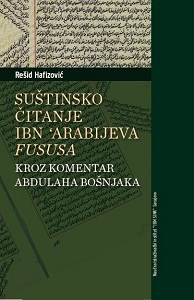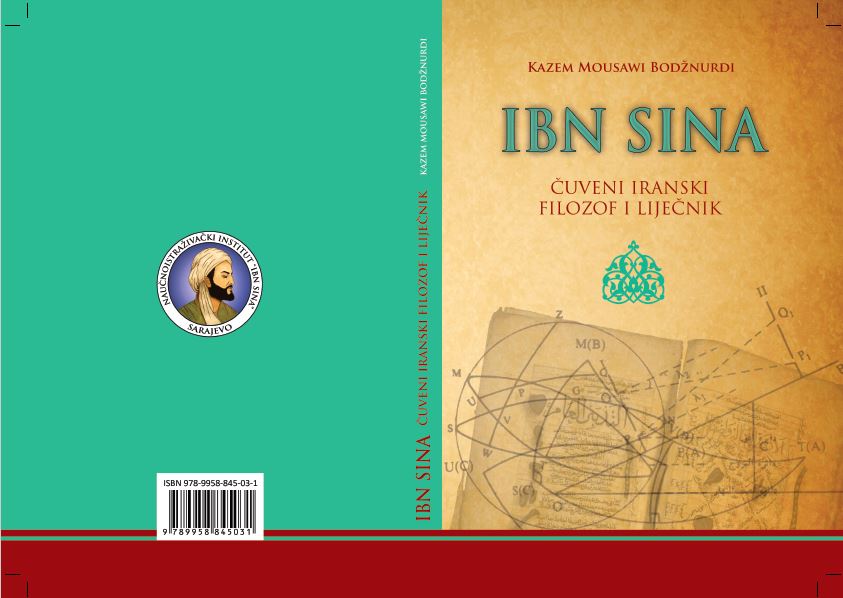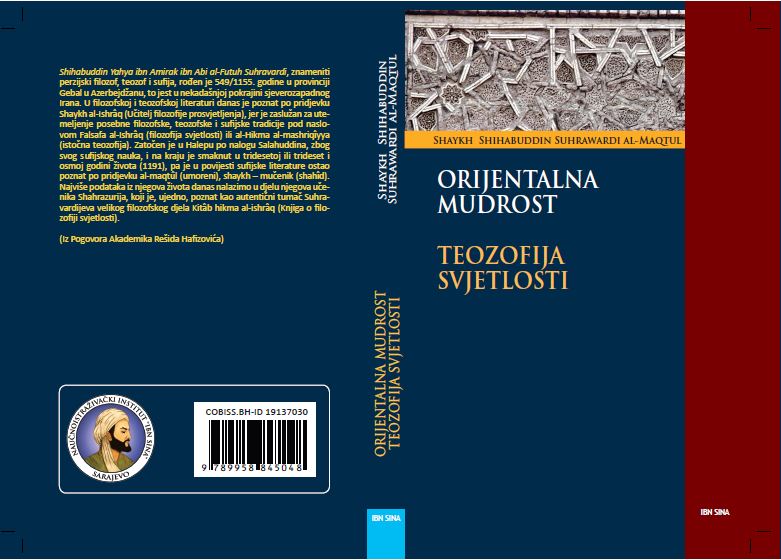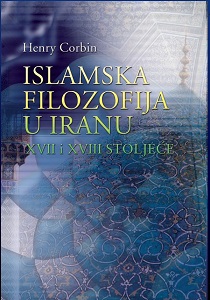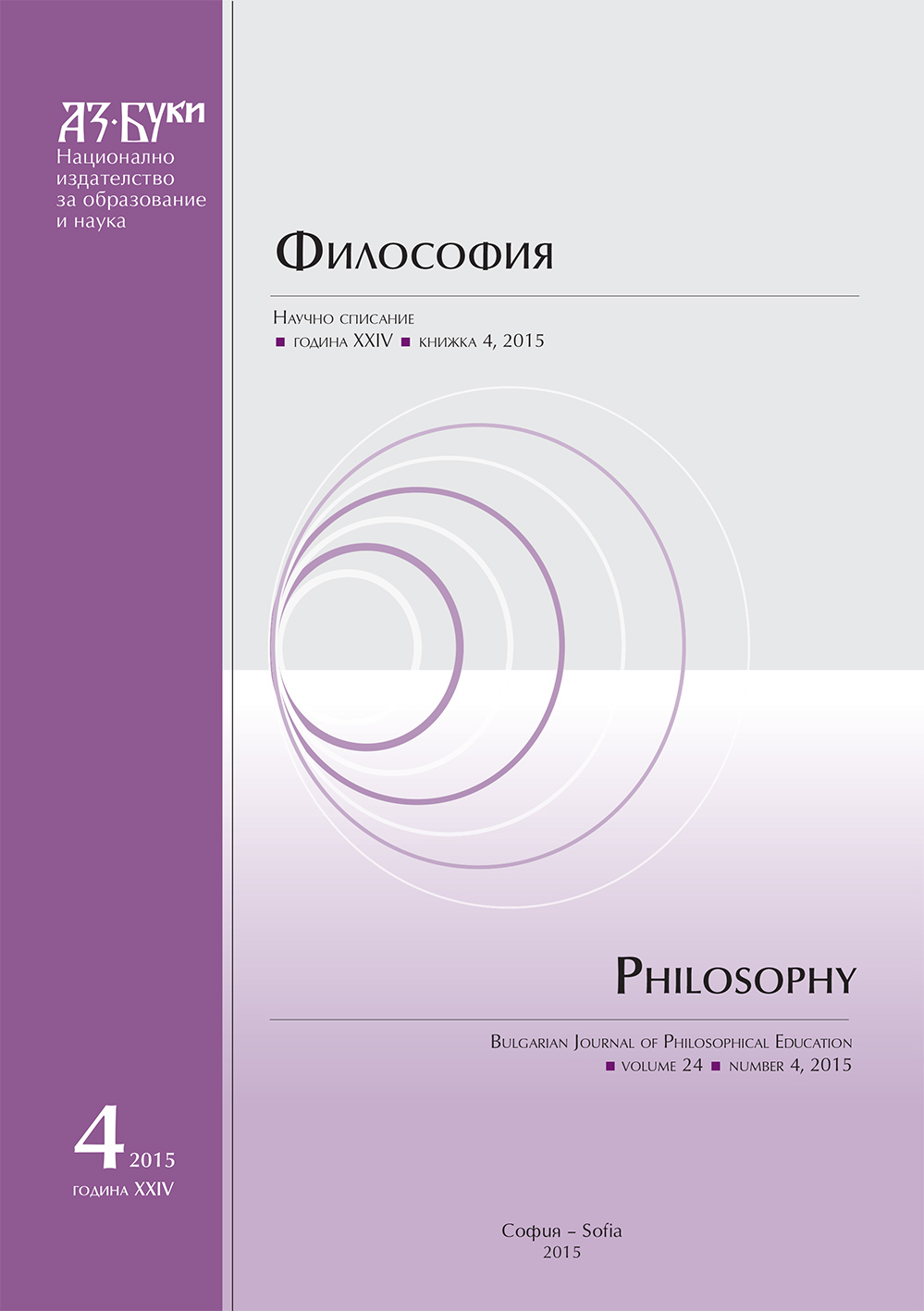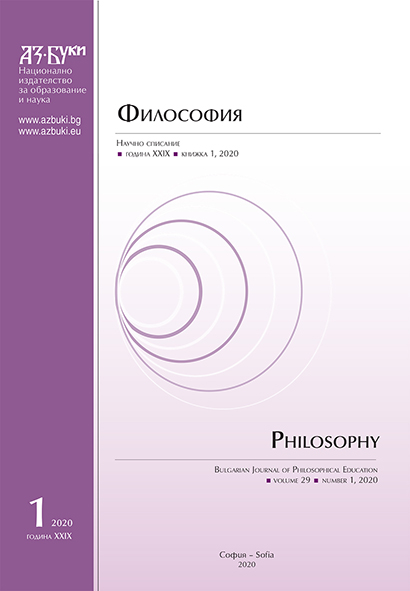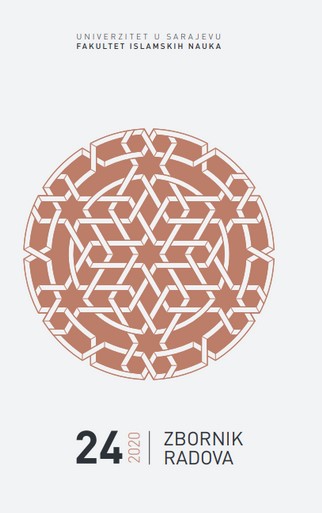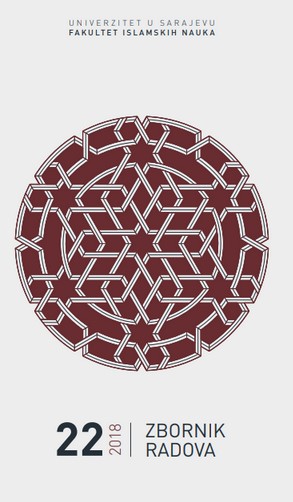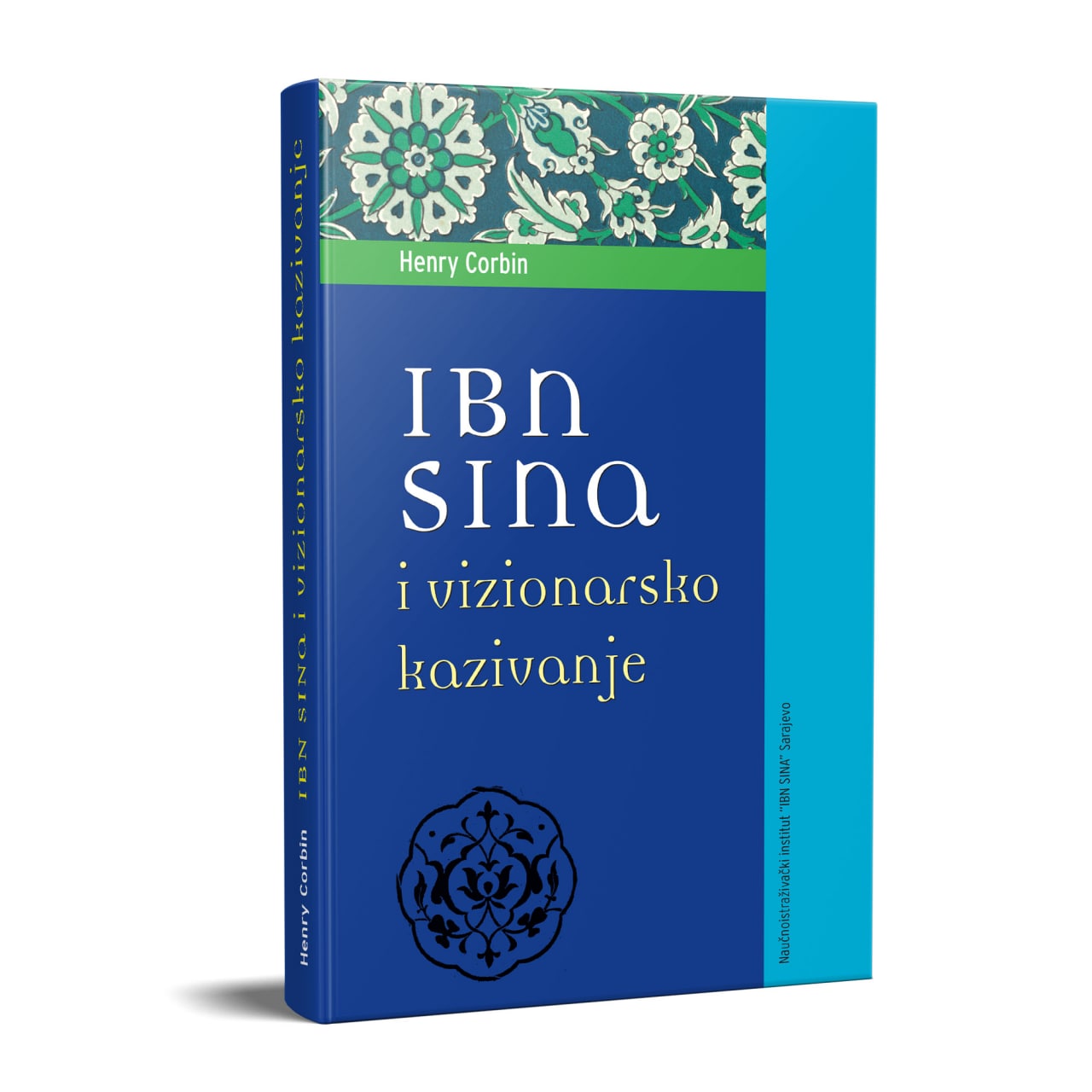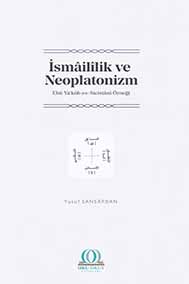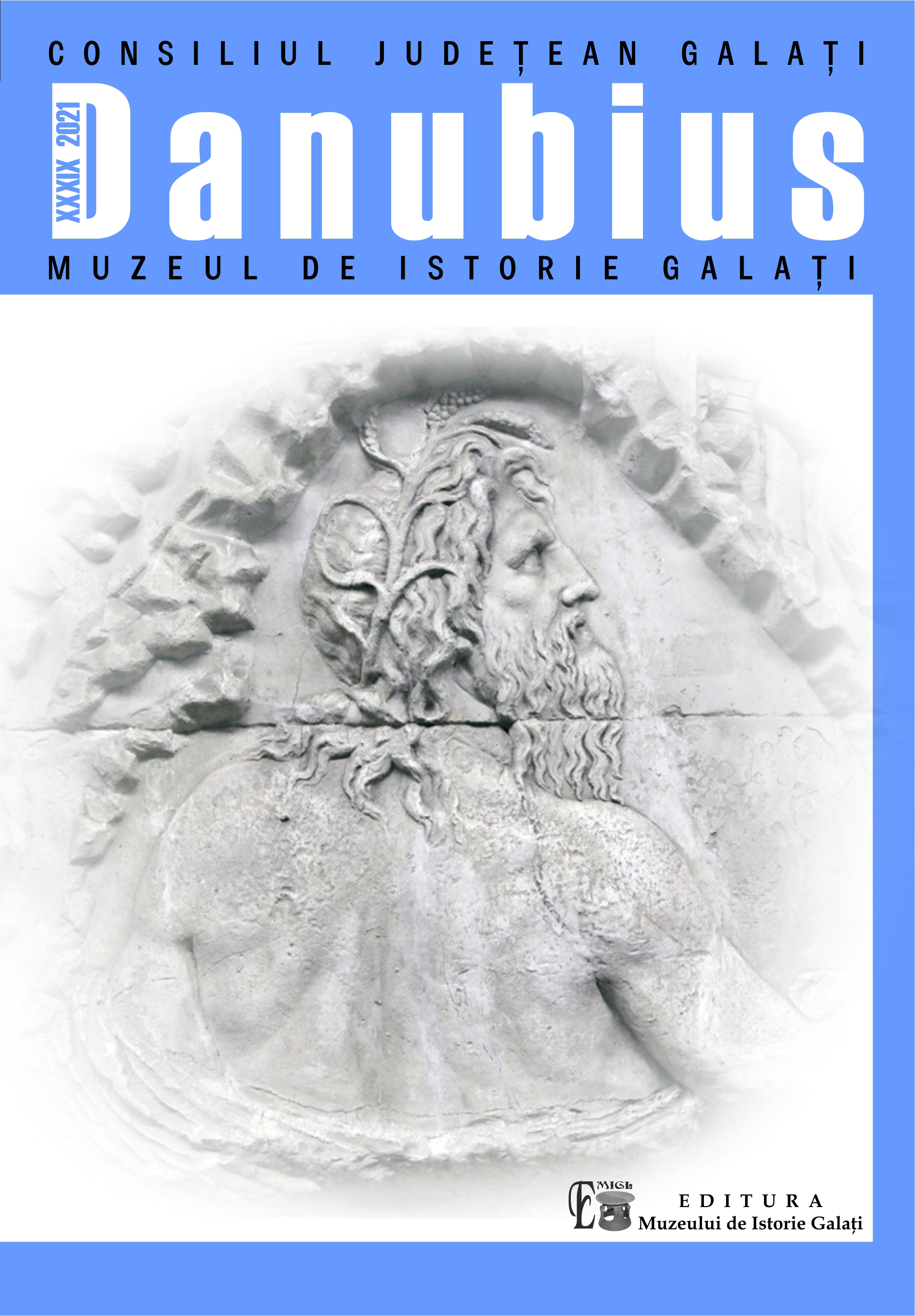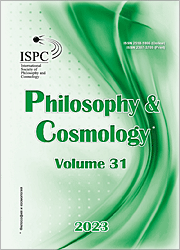Author(s): Yusuf Sansarkan / Language(s): Turkish
This work deals with the Neoplatonic views of Abū Ya‘qūb al-Sijistānī in comparison with the thoughts of Plotinus. Al-Sijistānī living in the 4th/10th century, was one of the Khurāsān-Mā Warā’ al-Nahr dā‘īs of Ismā‘īlīsm. The region was in convenient condition for Ismā‘īlīs in such a way that the dā‘īs would spread their ideas and develop intellectual conceptions during the mentioned period. While the Ismā‘īlīs gained strength and got supported from some statesmen, al-Sijistānī inherited an essential legacy from dā‘īs such as Muḥammad Aḥmad al-Nasafī and Abū Ḥātim al-Rāzī. On the other hand, this period has been recorded in history as the period in which Ismā‘īlīsm experienced a philosophical conversion with Neoplatonic influences. The architects of this conversion are Nasafī and his pupil al-Sijistānī.Since the works of Nasafī cannot be founded, the traces of Neoplatonist Ismā‘īlīsmare followed through al-Sijistānī. This study aims to contribute to the efforts to unearth Neoplatonist effects in Ismā‘īlīsm. The work focusing on Neoplatonist components in al-Sijistānī's works is limited to God and cosmos ideas with intense influences from Plotinus. The study consists of an introduction and three parts. The first part of the introduction is allocated to the methodological framework; the subject of the work, its purpose, limits, method, and some terms used in the study are addressed. The literature review was done in this section. The second part of the introduction is allocated to the life of al-Sijistānī, his successor-predecessor dā‘īsand his works. In addition, Neoplatonist influences in al-Sijistānī's views were generally tried to be summarized in this part. The first chapter is allocated to al-Sijistānī's understanding of God. The author's views, which display an extreme example of tanzīh, have been compared with the similar opinions of Plotinus. The first half of this chapter focuses on the indefinability of God and the rejection of some concepts attributed to Him. It also deals with the dual tanzih, an unprecedented understanding of tanzih. The second half of the chapter examines some ideas and usage forms attributed to God in the context of al-Sijistānī and Plotinus’ views about God, although they consider God ineffable. The second chapter consists of God's relation to the cosmos, its creation, and the superlunary realm. The first part of this chapter is allocated to the comparing the emanation theory of Plotinus, who considers the cosmos eternal, and the view of the Amr,defended by al-Sijistānī, who states that the cosmos was created out of nothing. This section discusses the creation of the Intellect, the first being, and how Amr causedexistence in al-Sijistānī, who denies that God is the first cause, unlike Plotinus. The second part of the chapter examines the superlunary realm and the details of the Intellect and Soul which form the superlunary realm. This section elaborates on the essence of the Intellect, which is the most crucial point in al-Sijistānī's understanding of the cosmos, inclusivity, creativity, and marriage with the Soul. It also expands on that Soul received benefits from Intellect and managed the sublunary realm with the benefits. The third chapter of the work is allocated to the sublunary realm, its elements, and man, one of its elements. The first section mentions the movement and time that emerge from the matter, form and spheres which are the components of the sublunary realm, believed to be surrounded by spheres and started just on the border of the Soul. The second section addresses the human being called the miniature world by al-Sijistānī. In this context, the soul,which has an essential place in Plotinus and al-Sijistānī and provides man's relationship with the superlunary realm are discussed as well as Jadd, Fatḥ, and Khayāl, that Ismailis put in place of angels. The body of the work was completed with the nubuwwah, Ismā‘īlī period (dawr) understanding, imāmate, Qā‘im, and the abolition of sharīʿa although there is no equivalent in Plotinus. The study aiming to reveal the Neoplatonic influences in al-Sijistānī's works, concluded that the author was greatly influenced by the aforementioned philosophical school and reflected them in his works. Although al-Sijistānī, remained loyal to Plotinus in many aspects,such as the divisions of the cosmos, the hierarchy of emanation and the human soul,differed from him in the subject of creation out of nothing.
More...


